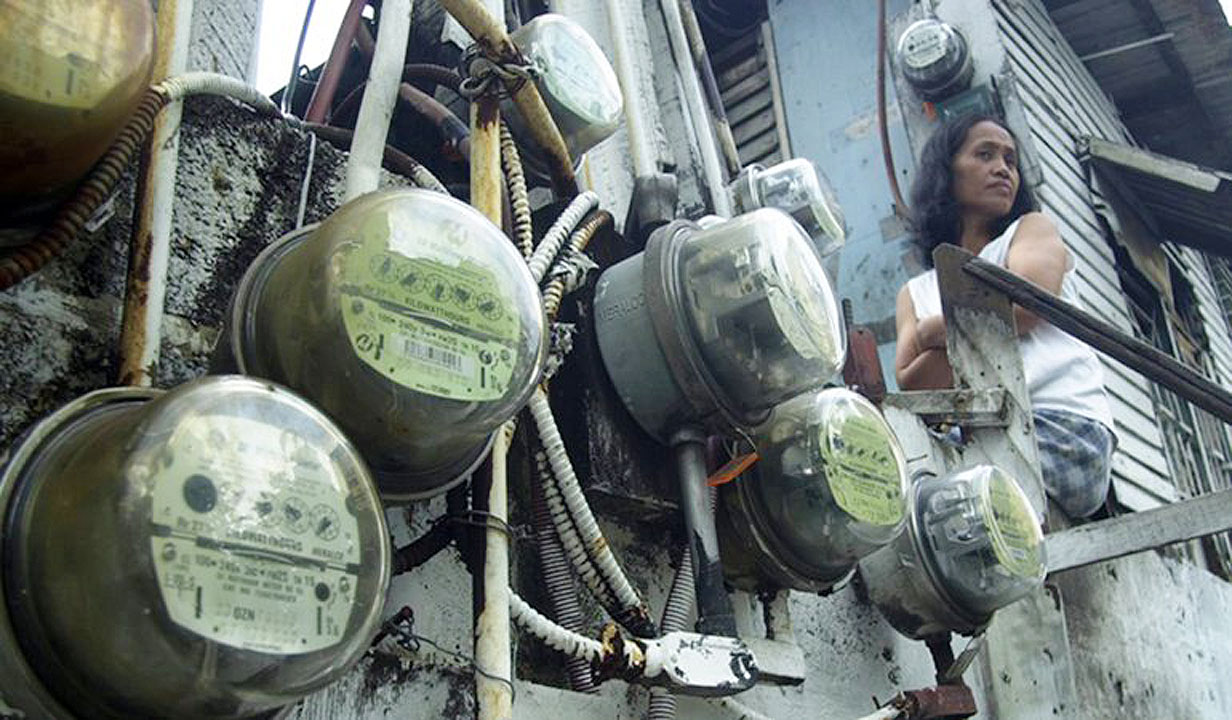EPIRA changes should focus on tax — Congress think tank
By Beatriz Marie D. Cruz – August 28, 2023 | 7:31 pm
from Business World

PROPOSED amendments to the Electric Power Industry Reform Act (EPIRA) of 2001 should focus on rationalizing power taxes to lower electricity costs, according to a policy think tank attached to the House of Representatives.
“Since the burden of the taxes on the power sector and the concomitant higher electricity prices are ultimately borne by the consumer, it is imperative to revisit and rationalize all tax levies on the power sector,” the Congressional Policy and Budget Research Department (CPBRD) said.
In its policy brief, “Continuing Reform in the Power Sector: Addressing energy insecurity and high prices,” the CPBRD called for a review of the value-added tax (VAT) on systems losses, which it said cannot be classified as goods or services.
“Systems loss is part of one’s electricity bill representing the cost of electricity lost during transmission, pilferage, and technical inefficiencies,” it said.
The think tank also urged Congress to review other VAT charges on end-user electricity bills, like those on the subsidy to the lifeline rate, capital expenditure contribution, and National Grid Corp. of the Philippines (NGCP) franchise tax.
However, the CPBRD said legislators should consider potential revenue to be foregone in rationalizing taxes on the generation sector.
“Removing VAT on electricity will bring down electricity prices by 2%, but may result in a corresponding 3.4% reduction in government revenue, estimated at P212 billion,” it said.
To lower power costs, the CPBRD also urged the government to amend the NGCP franchise to allow other private companies and the government to help build transmission infrastructure, strengthen energy governance, and prohibit cross-ownership.
It also called for the fast-tracking of exploration and development of indigenous energy sources, following the expected depletion of the Malampaya gas field by 2027, as well as to strengthen the Energy Virtual One-Stop Shop for energy projects and to include local government units.
Proposed amendments to EPIRA are currently with the House committee on energy.


